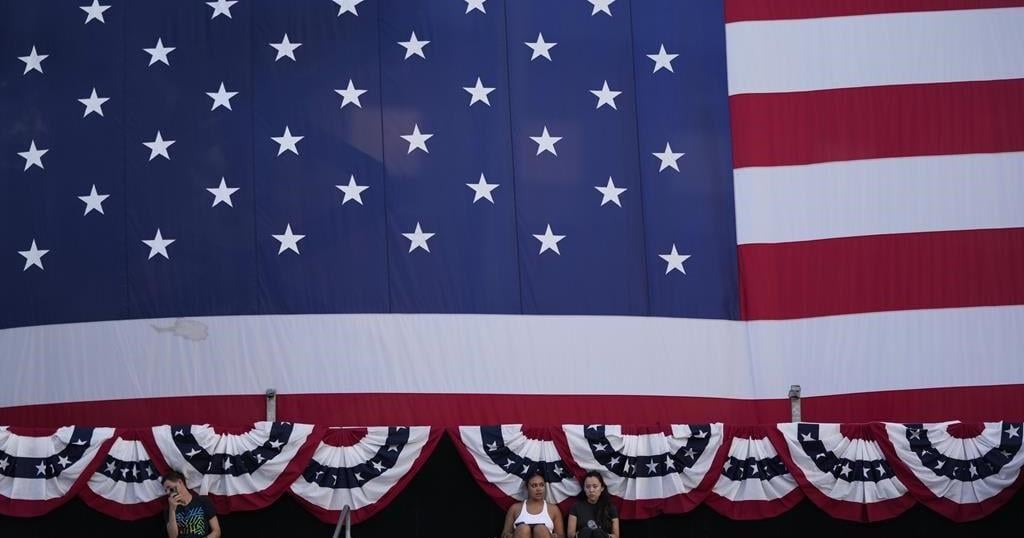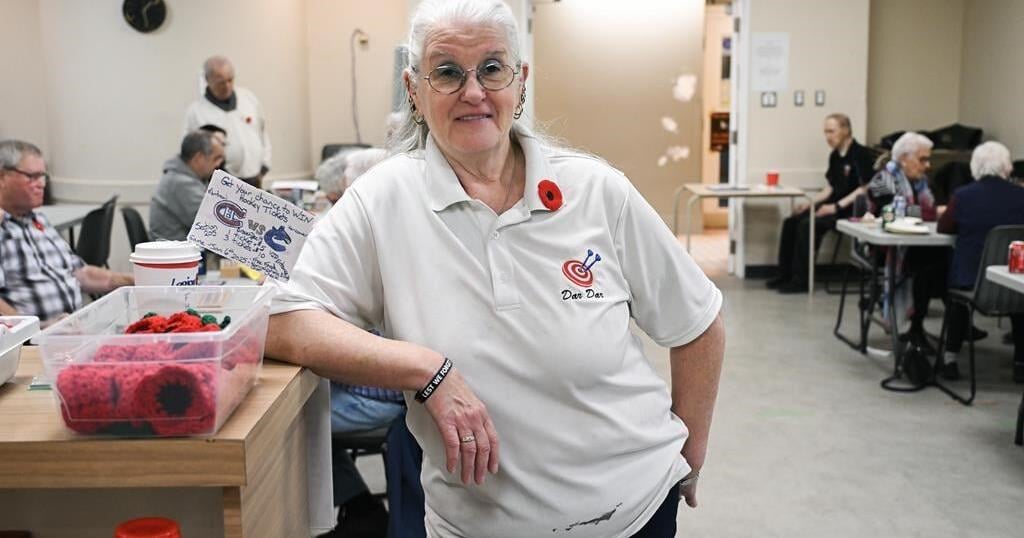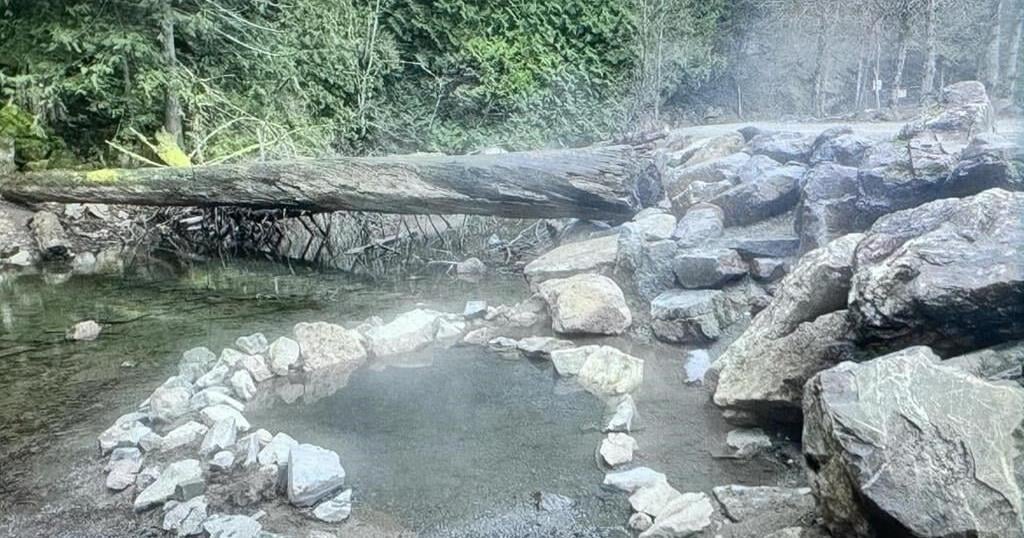TORONTO – The Canadian Psychological Association says the U.S. election has worldwide impact and it’s normal for many Canadians to have strong emotions about it — whether they’re positive or negative.
Association president Anita Gupta, a clinical psychologist, says if people are feeling anxious or distressed about the results, they may want to take a break from news coverage and social media.
Gupta says some people may be sleep-deprived from staying up late the last couple of nights to follow the latest developments and she suggests prioritizing sleep tonight.
She says simple acts of self-care, including eating well, staying hydrated, going outside or hugging a loved one can make a difference.
Gupta says some people will feel the need to talk about their feelings of anxiety or distress, but others may not be ready yet.
She says anxiety may worsen in some people who were already struggling, and reaching out to friends, family or a mental health professional can be helpful.
Gupta says a mental health professional can provide a safe space for people to be themselves and talk openly about how they feel, without the risk of offending others who may not share their views.
There’s no “one size fits all” coping strategy, she said, but reminding ourselves of positive things in our lives while still acknowledging feelings about the election can be useful.
Someone might say, “this election was really impactful to me for XYZ reasons and my family loves me and I have a good job and I have friends that will support me,” Gupta said.
Gayle Browne, a senior director at Kids Help Phone, says kids and teens have likely seen and heard things about the U.S. election through social media or listening to their parents’ conversations and may have feelings about it.
Browne suggests parents directly ask their kids about their understanding of the election and if there’s anything they want to talk about.
“I think what a lot of young people, or even adults do, is they might feel a thing and then say, ‘Oh well, that’s stupid. Like, I don’t live in the States. That doesn’t involve me. I don’t need to feel that,'” she said.
Parents can show that it’s OK to have those feelings by opening up a conversation, Browne said.
“So if you were to say to your child like, ‘Hey, this has been on the news all day’ or ‘so many people are talking about this. What do you think?’ … being able to have a space where they can talk about that, that’s really important,” she said.
“When the adults in your life who care about you take your feelings and thoughts seriously, that goes a long way.”
If the election is a “tipping point” for young people who were already struggling with their mental health and parents are worried, they can reach out to a health-care provider or Kids Help Phone, Browne said.
This report by The Canadian Press was first published Nov. 7, 2024.
Canadian Press health coverage receives support through a partnership with the Canadian Medical Association. CP is solely responsible for this content.

























